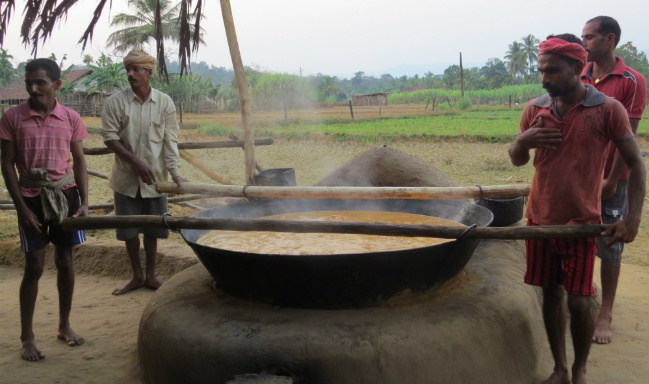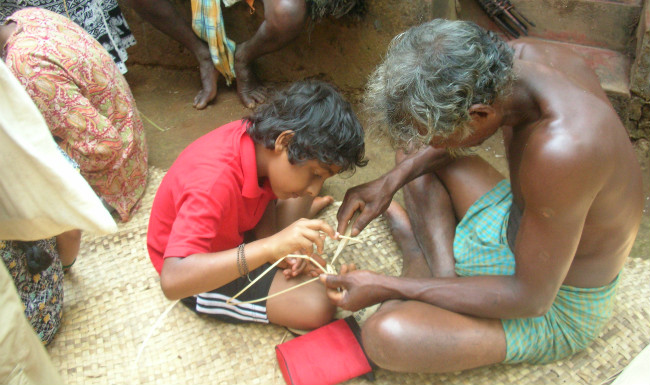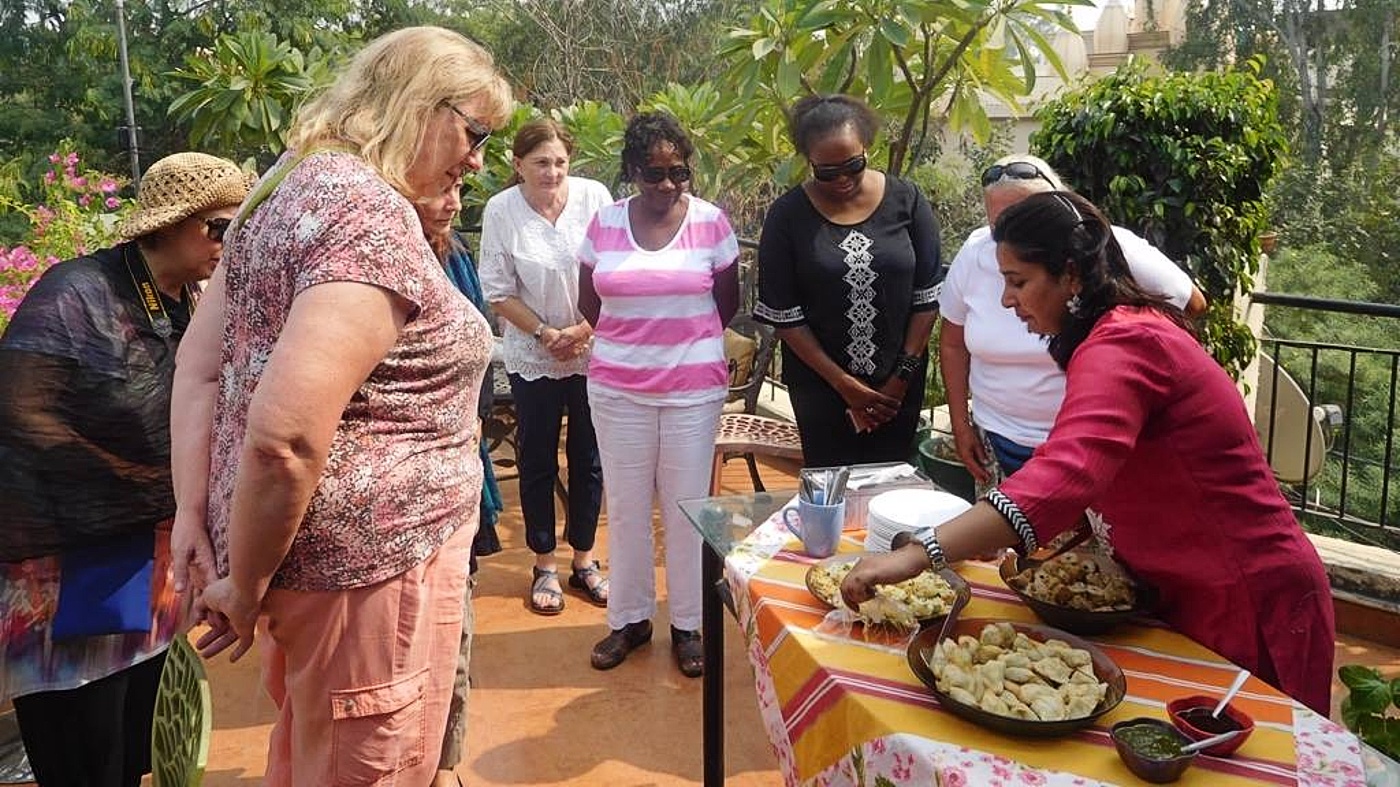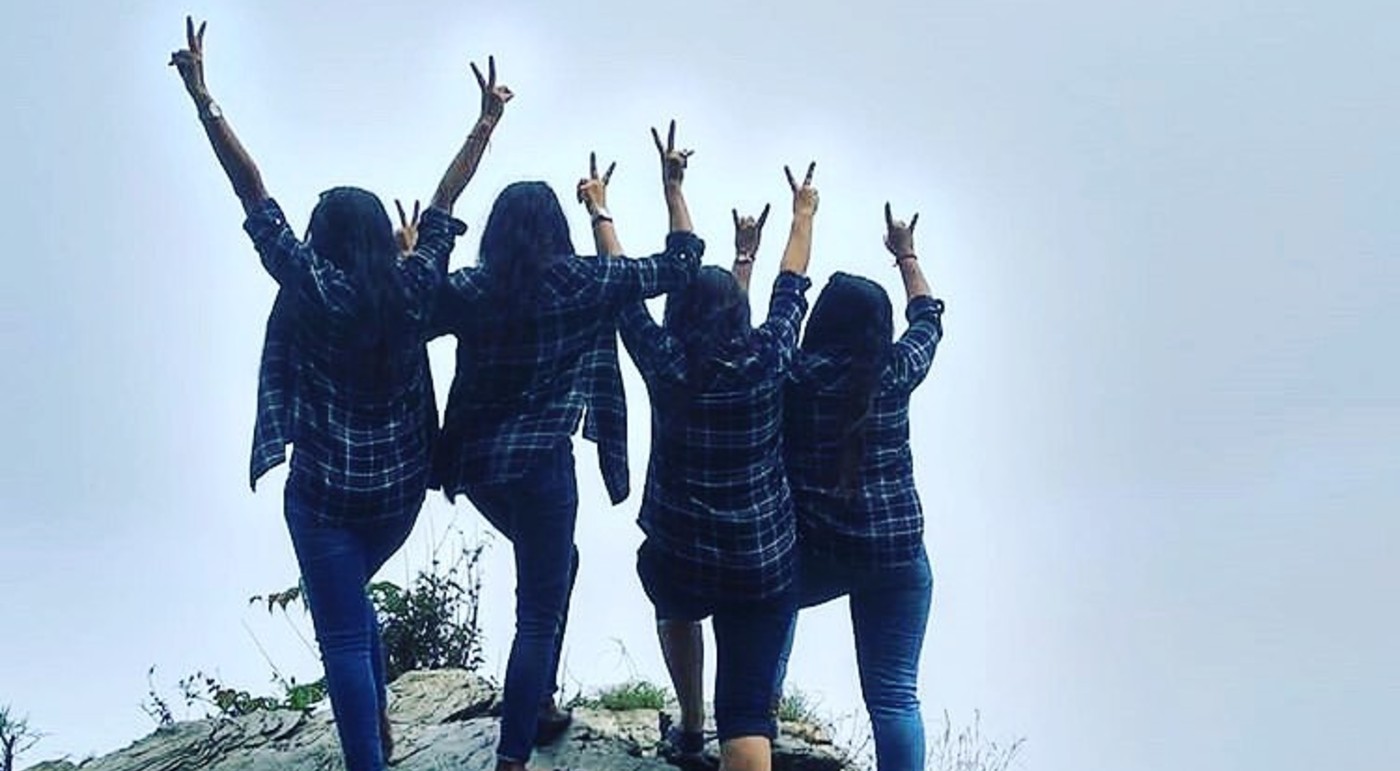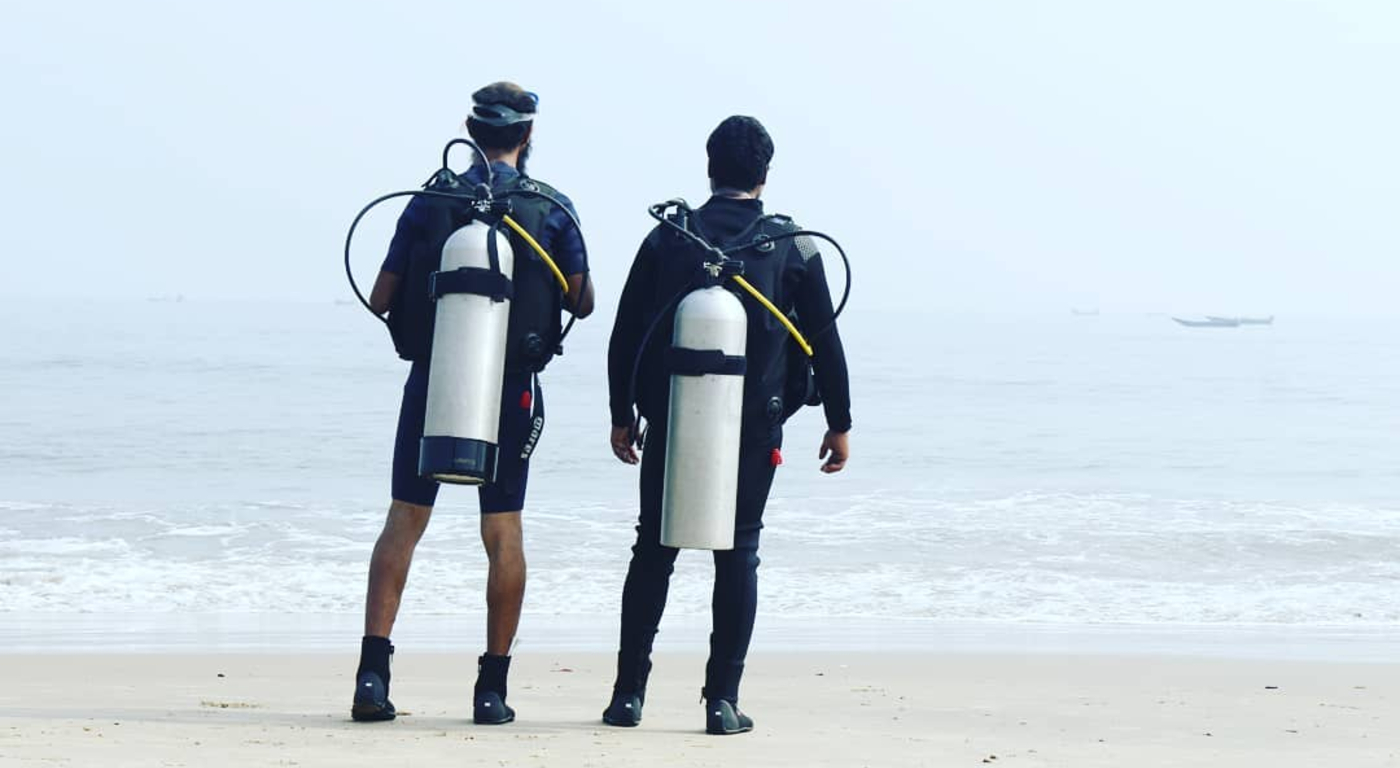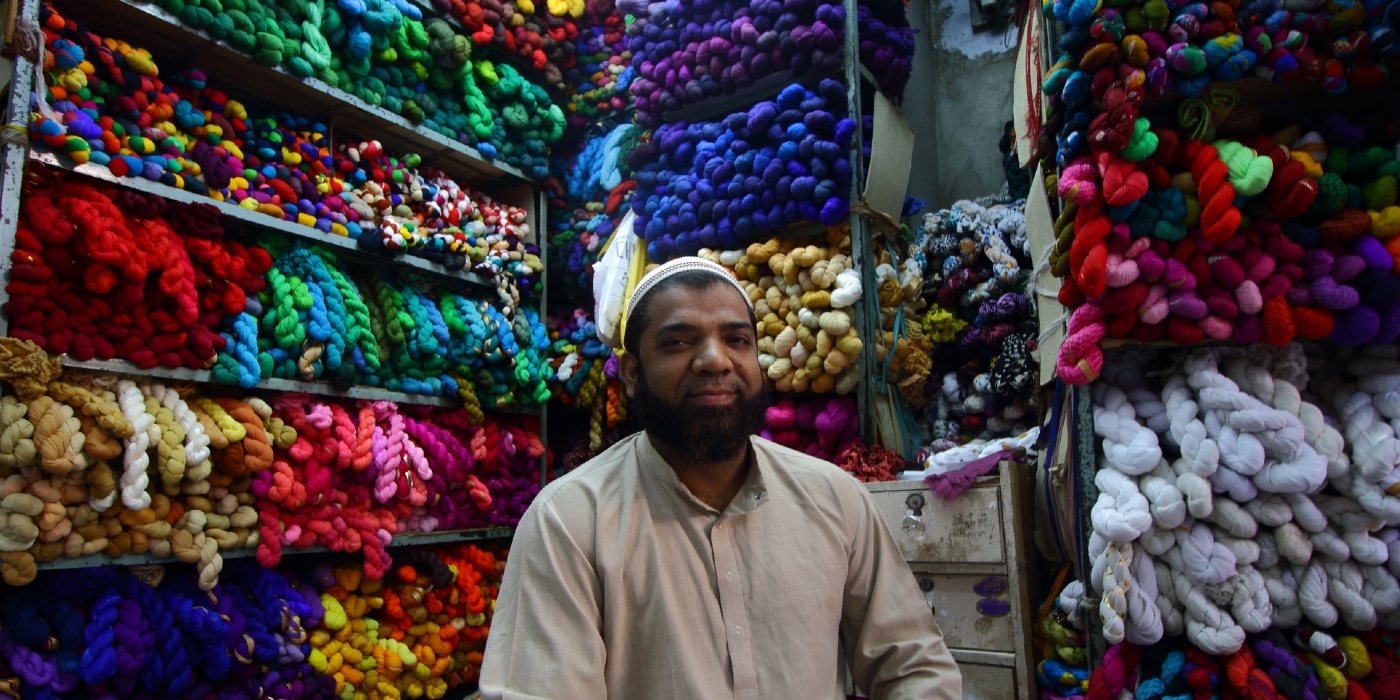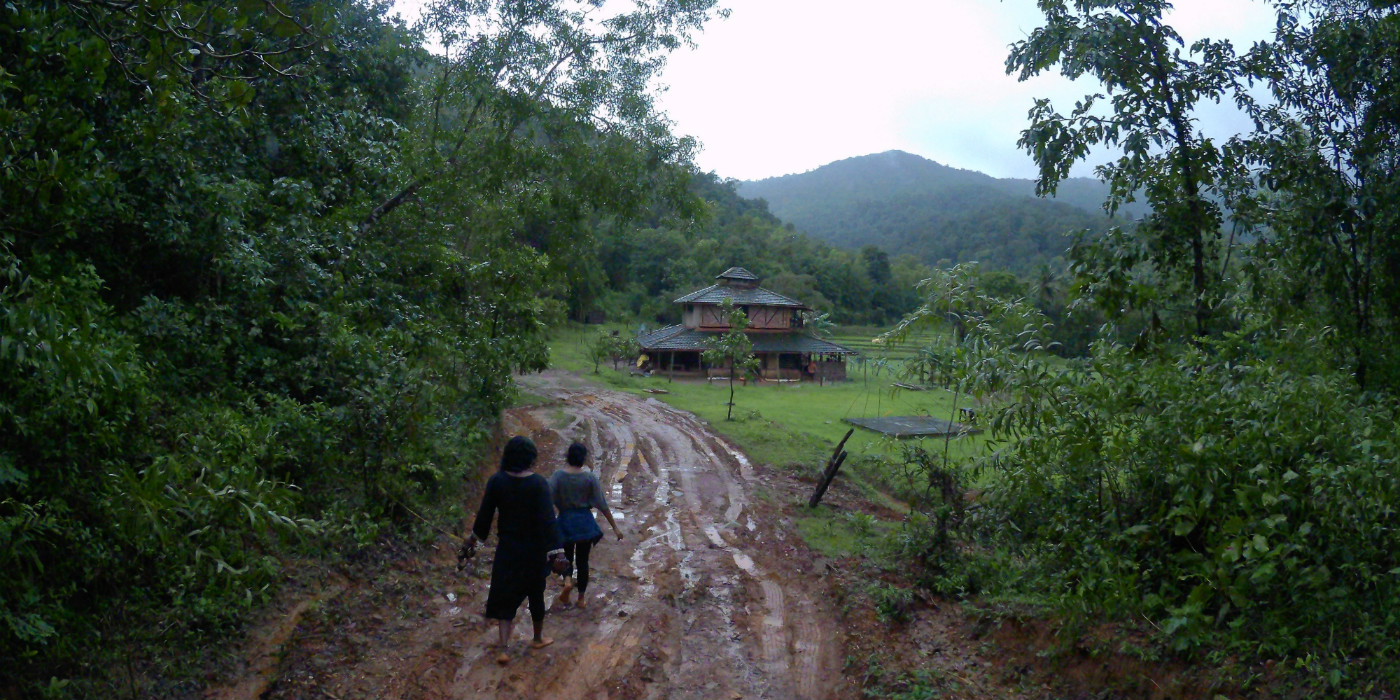
Karnataka

Operating in Coastal Karnataka is this unique organisation that defies a simple description on what it does. BuDa started out decades ago to document native knowledge, oral tradition and folk culture in Uttara Kannada region of Karnataka. Over the last many decades its work has evolved and today, besides documenting, BuDa highlights and works towards preserving folk culture and heritage of the region. It also leads conscientious culture travellers on eco-tours in the region to highlight the local symbiotic way of life of the tribal communities that is under threat from modernity. It also offers urban travellers an opportunity to connect with their roots and live for a few days a more natural life, away from modern comforts but still filled with a comfort unlike any other.
Its offerings are more focused on students and study tours and those truly interested in the traditions, skills and knowledge of the local community - interns and volunteer are welcome. People travel here to experience the simple organic living that has not been created artificially. This is a way of life for the villagers and indigenous population here and when they see how much urban visitors appreciate this, the locals then take pride in their community.
The organisation is currently focused on five tribes along the sea, river and the forests—Gammokkalu and Gondas from the river side, Kare Okkalu and Siddis from the forest and the Halakki by the sea. It offers three signature tours:
- 1. The river route follows the Sharavati River down to the Arabian Sea. Participants on this route will discover the close tie between the river and ecology and its people. This journey takes travellers to historical islands where they get to explore Jain ruins and listen to local storytellers while camping under the stars. Students will meet Gamokkalu tribal teachers who will teach them mat weaving and the shedi art form—paintings made with local white clay.
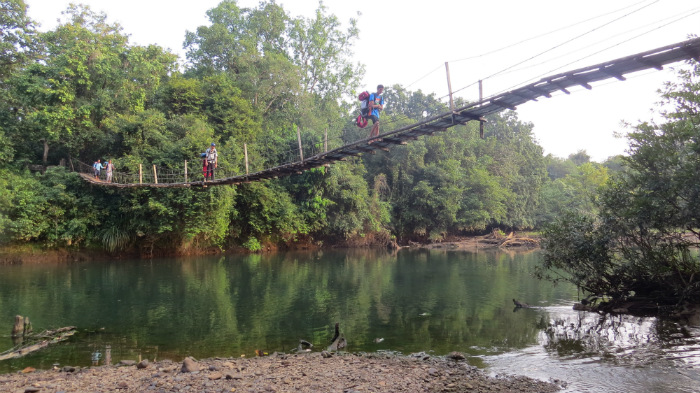
- 2. In the sea route participants cross 13 beaches over a weeklong period of intensive trekking. Along the way, from the deserted beaches of Honnavar to the popular beaches of Gokarna, they meet fishermen, people of the Halakki tribe and tourists!
- 3. The forest route is centred at BuDa’s forest-farm in Angadibail, which sleeps 25. Participants will interact with teachers from the Siddi and Halakki tribes, learning basket weaving and Siddi dance during their stay. Participants get to experience a long hike, a camping excursion, walks in the stream and a swim in the waterfall. This programme also focuses on community living.
The experience of living in this forest-farm is unlike any other. For one there is no electricity and guests are forbidden from bringing any chemical-laden or packaged products. BuDa provides everything a guest needs, from traditional and organic tooth powders and body wash powders to cotton pads for menstruation. All food is grown here, masalas are made in stone grinders and food cooked on biogas powered stoves. The huge rustic farmhouse that boasts of large corridors and a beautiful ventilated attic, also has a machan as an outdoor sleeping platform so travellers can sleep under the stars with fireflies for company.
There is a lot more to do, from trekking and outdoor camping to participating in farm festivals and competitive games of kabaddi between the villagers and urban travellers organised by BuDa.
All tour leaders, teachers and facilitators are from the local community and tribes—specifically middle-aged women and young men. They are traditional quilters, basket weavers, boatmen, storytellers, nature trailers, fishermen, drummers, dancers, epic singers, mat weavers and traditional tool makers and conduct workshops, teach, tell stories and take cultural travellers to their hamlets.
Travellers travelling with BuDa are sure to come back with greater appreciation for traditional knowledge and practices.
Price: BuDa Folklore organises festivals that are open to the public and conducts group tours for schools. It also welcomes individuals and families with specific interest in community living and in the live and learn concept. The tariff varies depending on the tour and concept. Typically it starts from around Rs 2,000 per day
Read more: https://buda-honnavar.blogspot.com/
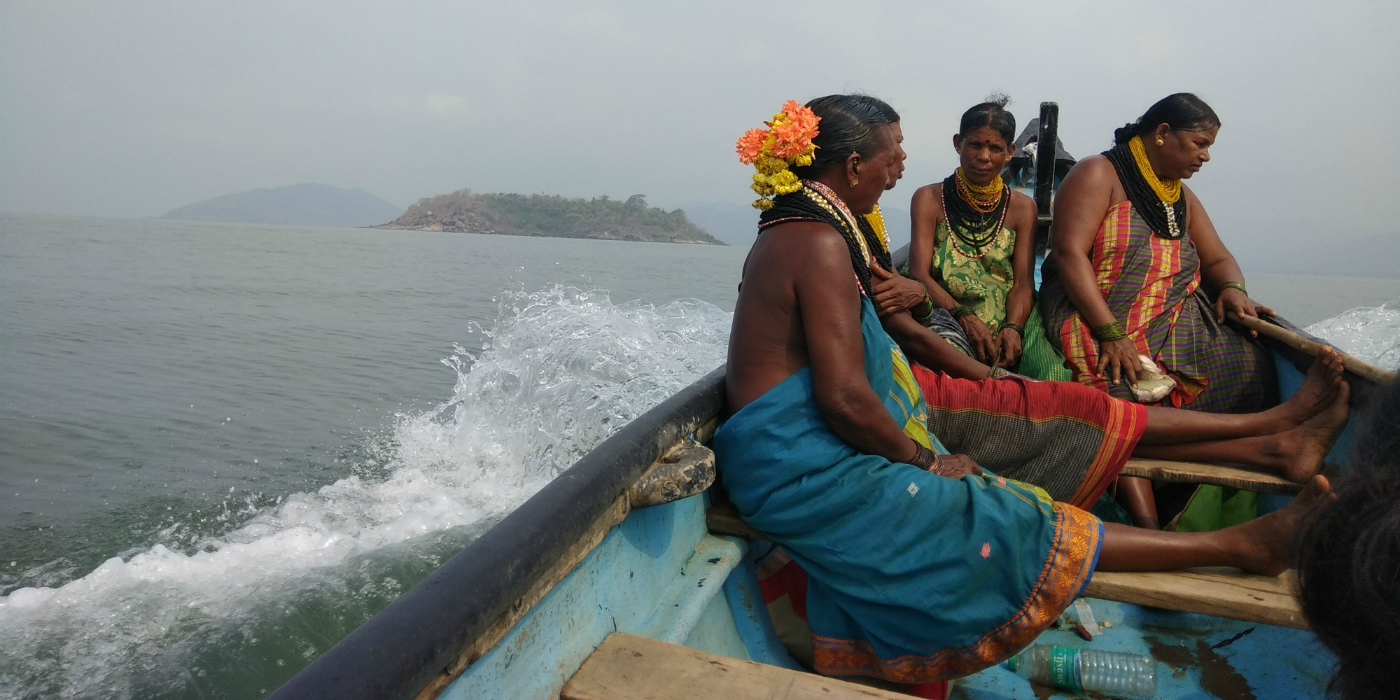
Slow Travel
BuDa Folklore works closely with the tribal communities in Uttara Kannada in Karnataka and empowers them by treating them as scholars, masters and artisans who are experts in their fields of work, be it quilting or oral story telling. These artisans lead the tours and workshops conducted by BuDa. Through its many programmes, like farm festivals, BuDa protects and promotes indigenous methods of cultivation, art and trade and in the process creates sustainable livelihood opportunities for the youth and women of the community. At its forest-farm in Angadibail there is no electricity and only natural products are used, from homemade tooth and body wash powders to cotton menstruation pads. Participants are forbidden from bringing any chemical products and have to take back any dry waste. The farm has its own rainwater harvesting system and follows the traditional wet waste management system of the food waste going to farm animals or being turned into manure. The farm grows its food and also uses foraged forest foods like tubers, wild mushrooms, wild greens, farm snails and seasonal stream crabs.
